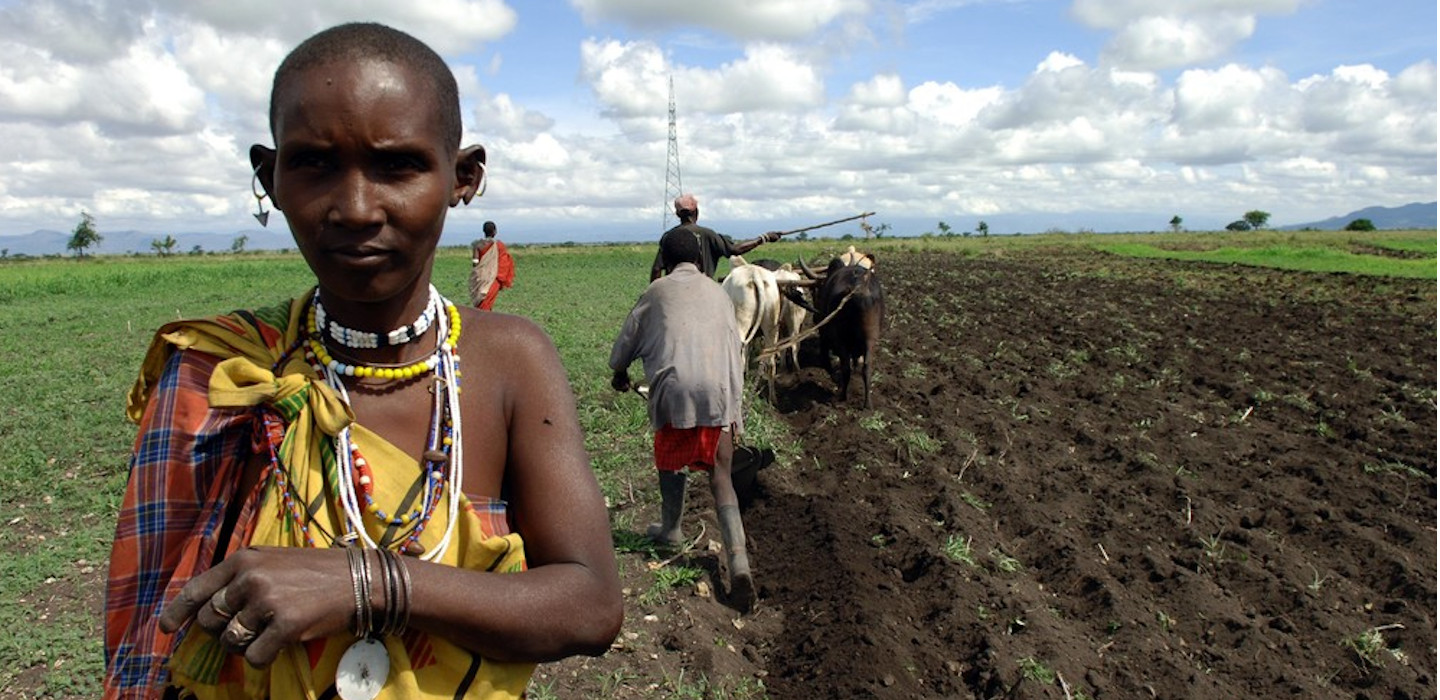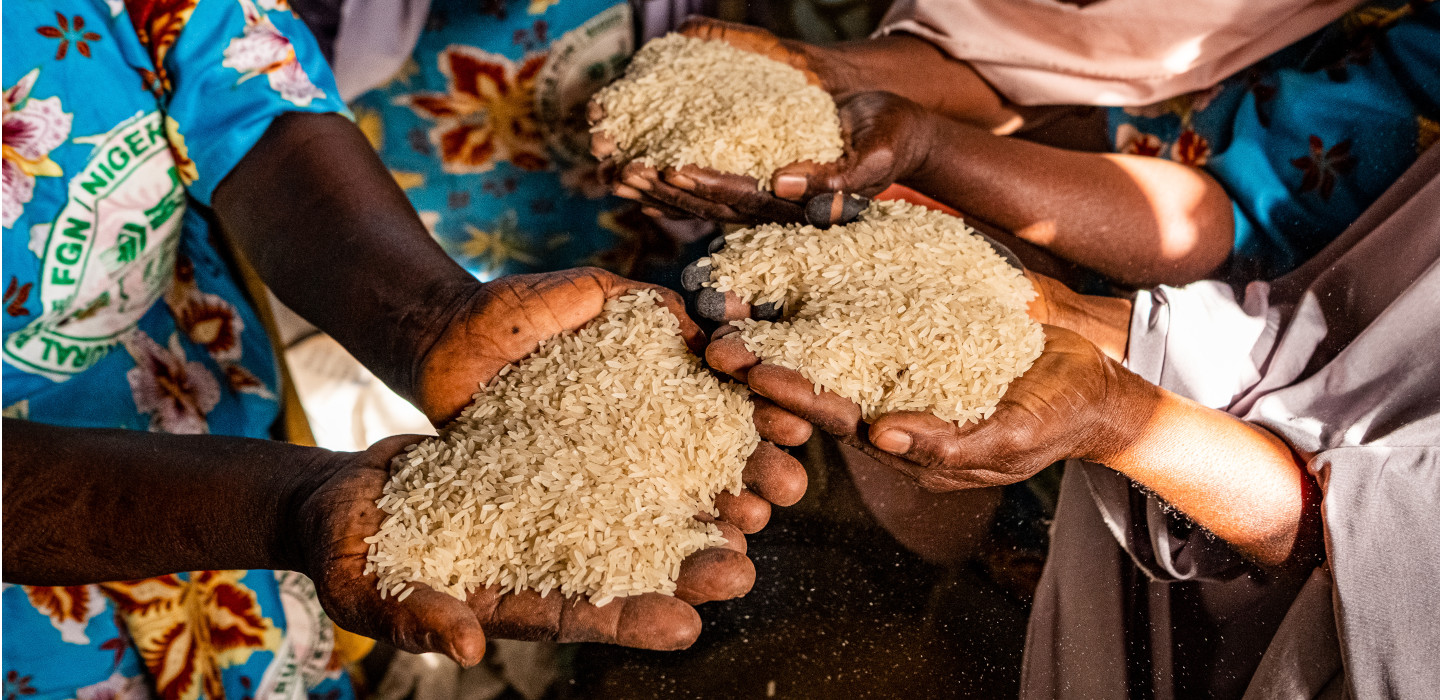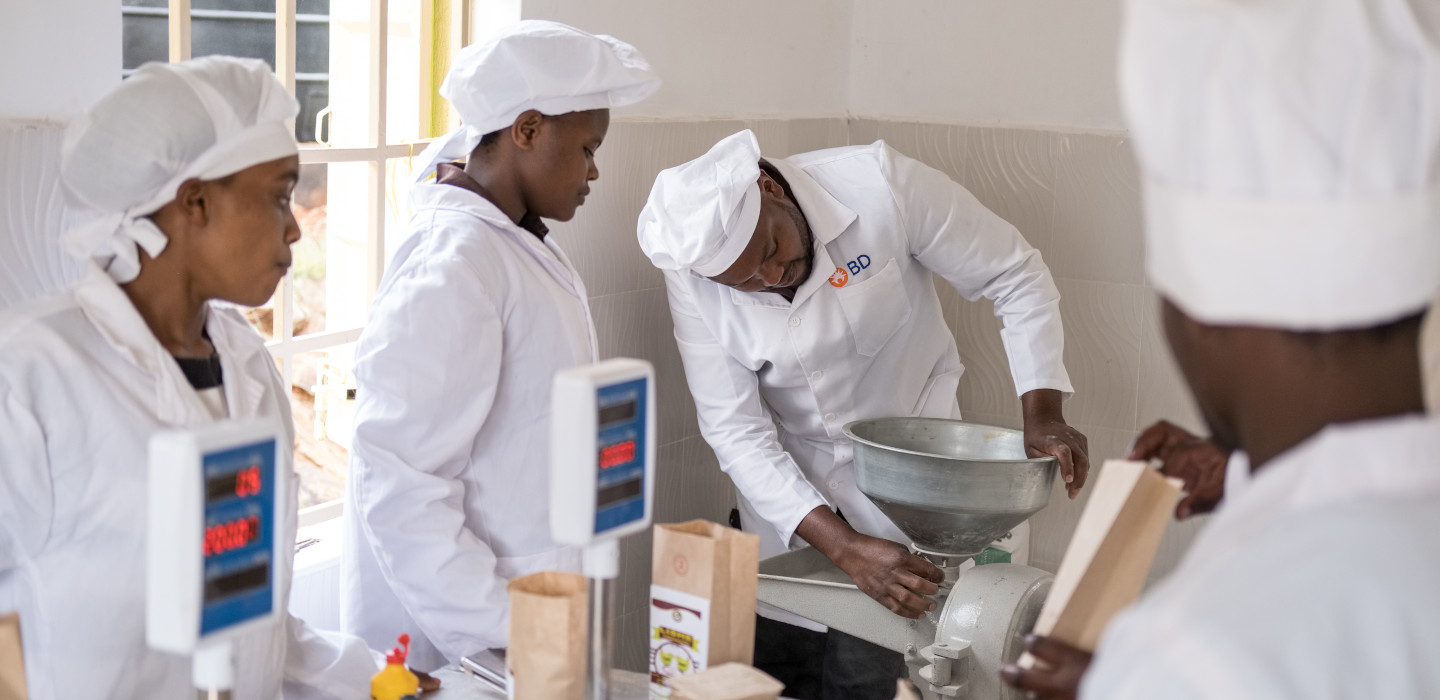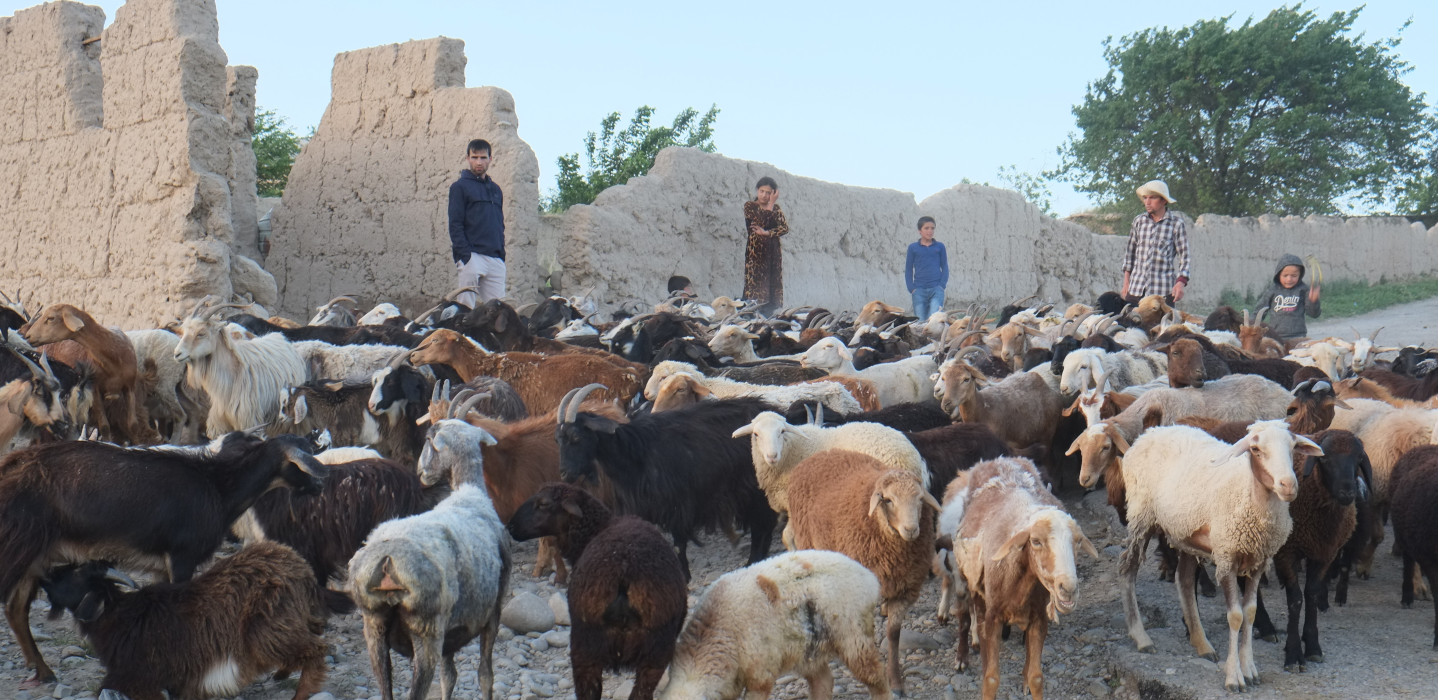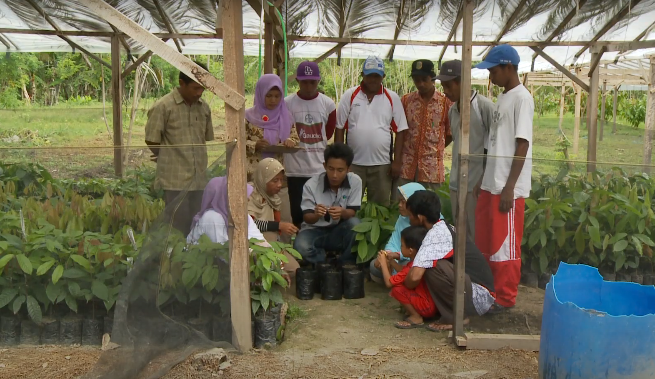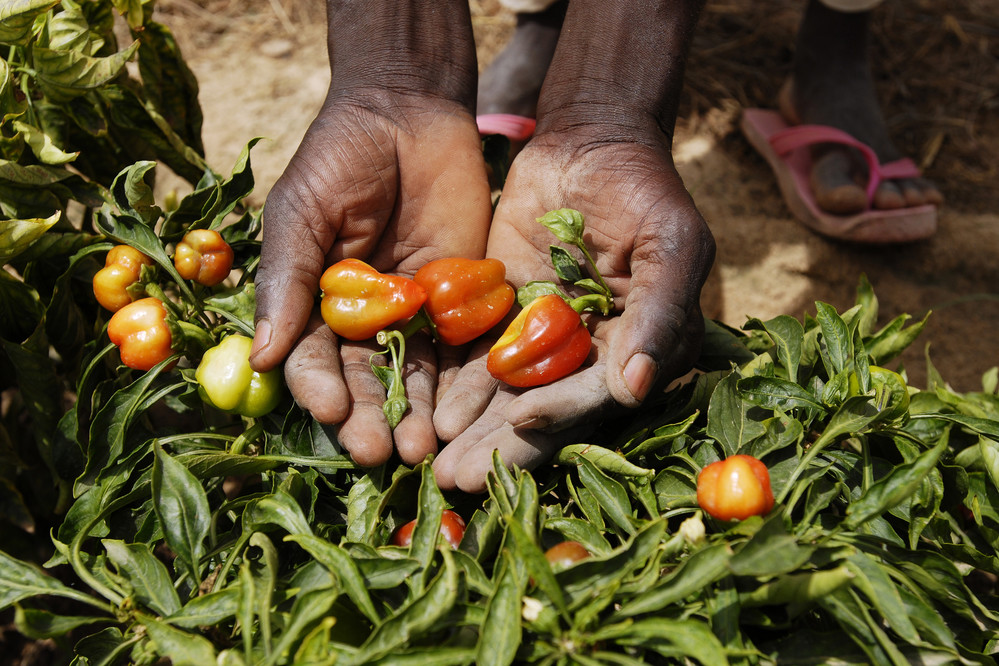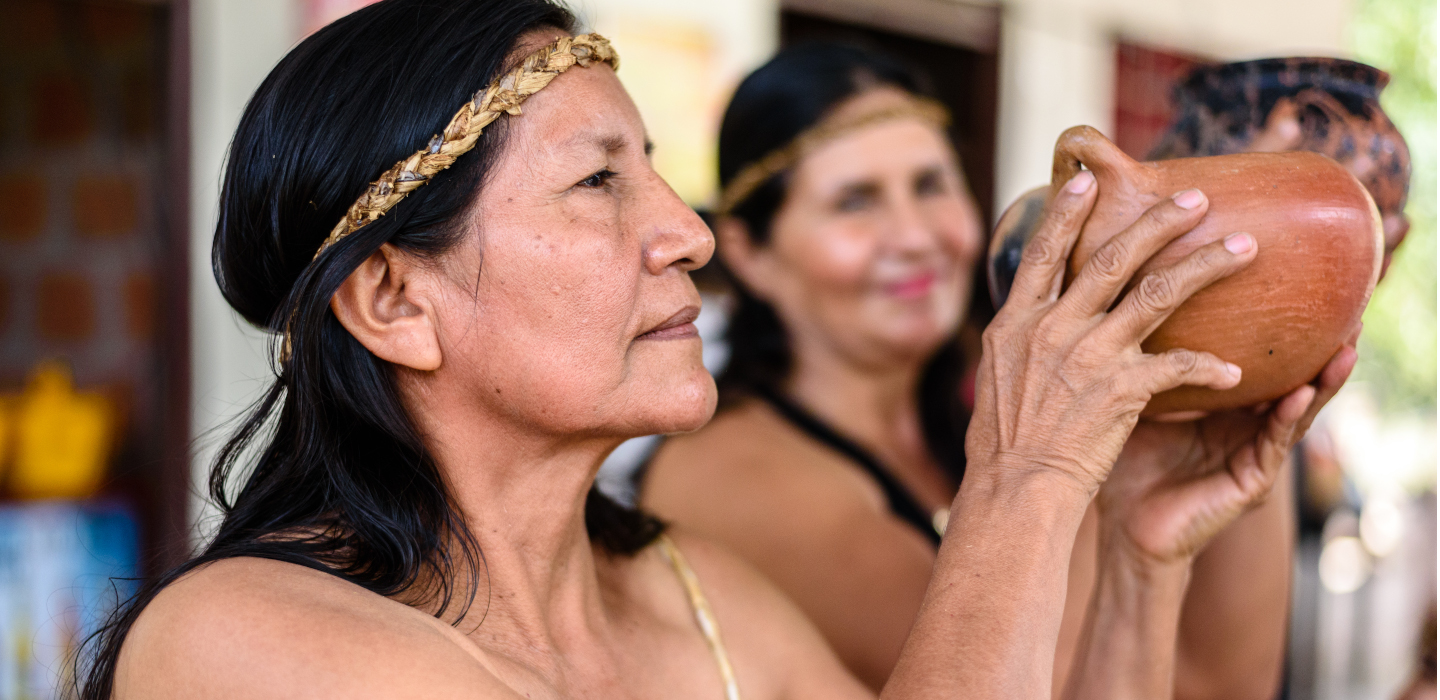Latest
Latest

Latest
Manual Submenu Topics
SearchResultsFilters
Search Results
Angola and IFAD to promote sustainable agriculture and boost food security in the face of climate change
The International Fund for Agricultural Development of the United Nations (IFAD) today announced support for a new project to boost agricultural productivity, improve food and nutrition security and build the resilience of at least 218,000 rural families in Angola who are vulnerable to climate shocks.
Indigenous Peoples are crucial partners to build a better post–COVID-19 world, says IFAD President
Indigenous Peoples and their unique knowledge are essential to address the COVID-19 outbreak and to build a more sustainable, resilient world.
As more go hungry and malnutrition persists, achieving Zero Hunger by 2030 in doubt, UN report warns
Transforming food systems for affordable healthy diets.
Social media helps young rural Kenyan entrepreneurs battle the COVID-19 shutdown
Until COVID-19 hit in March, the G-Star Youth Group’s banana processing factory was buzzing with activity.
The Rural Youth Innovation Award honours young people who care about biodiversity, market access and the preservation of traditions
Rossana Polastri, Director of the Latin America and the Caribbean Division of the International Fund for Agricultural Development (IFAD), has announced the winners of the Rural Youth Innovation Award. This prize has been created by IFAD to strengthen and build the capacities of young people and to promote opportunities being created by young people who are already changing the rural landscape of the region.
The importance of data management for pastoral communities
Globally, between 200 and 500 million pastoralists manage rangelands that cover over a third of the Earth’s landmass.
Thank you, “cocoa doctors”
Chocolate comes in many different forms and varieties, but it always needs one vital ingredient: cocoa. But a decade ago, it was predicted that, by 2020, the world would have a cocoa shortfall of one million tonnes a year.
IFAD invests €77.7 million in Niger for food and nutrition security and climate change resilience
The International Fund for Agricultural Development of the United Nations (IFAD) today announced a new project that will boost support for about 210,000 poor rural households in Niger that are vulnerable to climate shocks and food insecurity.
Indigenous knowledge – and resilience – in a COVID-19 world
It is increasingly clear that human health and our relationship with nature are inescapably intertwined. This holds true across many dimensions of health, including the potential for the transmission of disease – just as we are seeing with the current COVID-19 pandemic.

